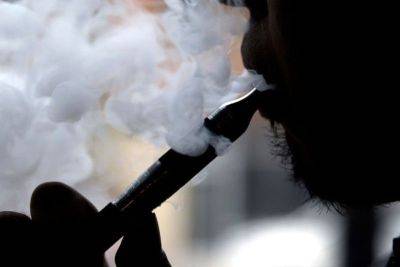DOH: All 4 ‘walking pneumonia’ cases have recovered
MANILA, Philippines — A small fraction of the influenza-like illnesses (ILI) reported this year were cases of “walking pneumonia,” the Department of Health said late Wednesday as it noted that these patients have already recovered.
In a statement, the DOH said that only four of the confirmed ILI cases from January to November 25 were due to “walking pneumonia”—a respiratory illness caused by a bacterium Mycoplasma pneumoniae.
“All these cases have recovered. More than half of confirmed ILI cases were due to other well-known and commonly detected pathogens,” the department said.
The DOH stressed that detecting Mycoplasma pneumoniae is not new or unusual, and that the country has medicines that can treat it and can “easily prevent” its transmission.
“The DOH has previously detected M. pneumoniae using various methods. DOH surveillance systems are able to detect ILIs, and can confirm through laboratories what may be causing them,” it said.
According to the health department, younger children with Mycoplasma pneumoniae may exhibit cold-like symptoms, while those with weak immune systems and living in closed settings are at higher risk for more severe illness.
Mycoplasma pneumoniae may spread via respiratory droplets when an infected person coughs or sneezes, the United States Centers for Disease Control and Prevention said.
Outbreaks of “walking pneumonia” occur mostly in crowded settings like schools and hospitals.
Health Secretary Ted Herbosa earlier said that the DOH has not reported any outbreak of “walking pneumonia.”
Meanwhile, the cases of ILI—characterized by a fever or 38 degrees Celsius or higher and a persistent cough lasting for 10 days—have started to slow down and will continue to decline in the coming weeks.
However, projections indicate a potential increase in ILI cases by January.
The DOH urged the public to adopt preventive measures, including regular handwashing, mask-wearing, ensuring adequate ventilation, and getting vaccinated, to prevent the spread of Mycoplasma pneumoniae and other pathogens.







